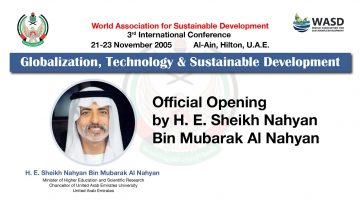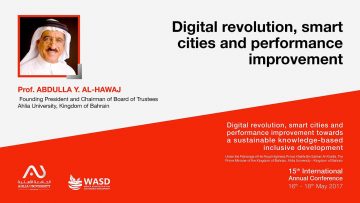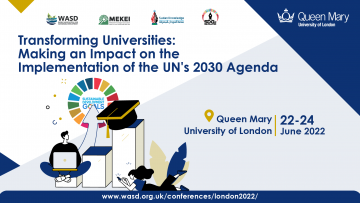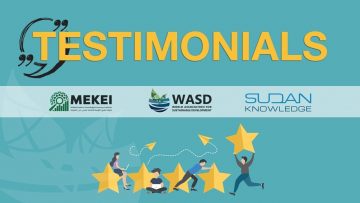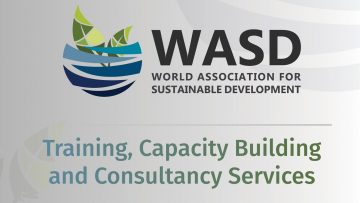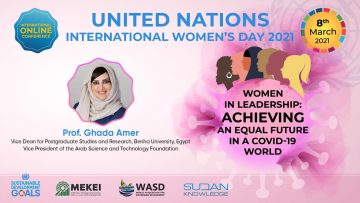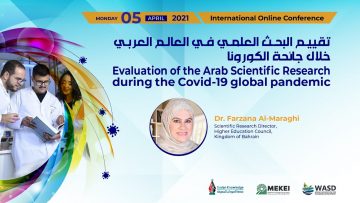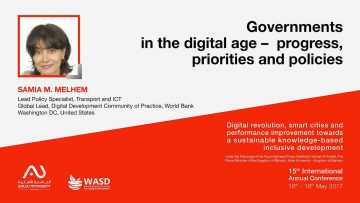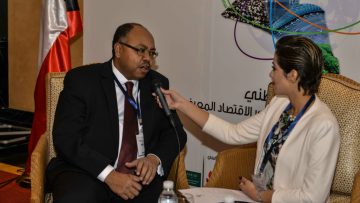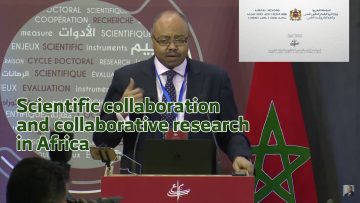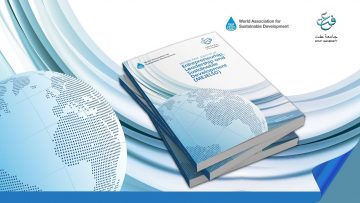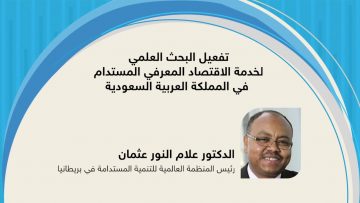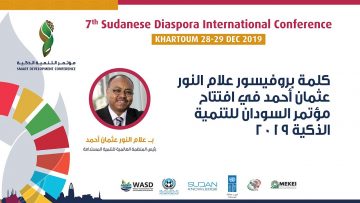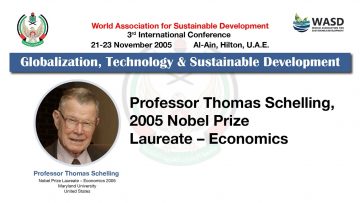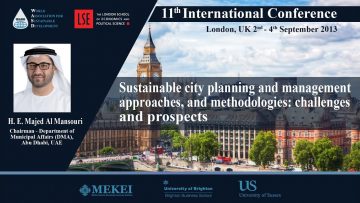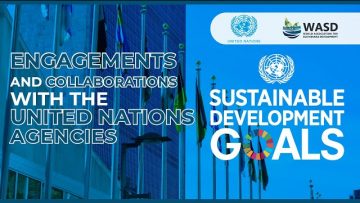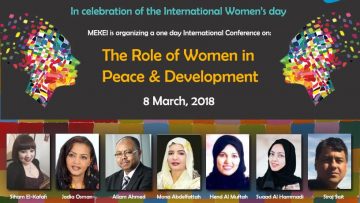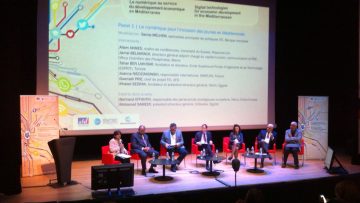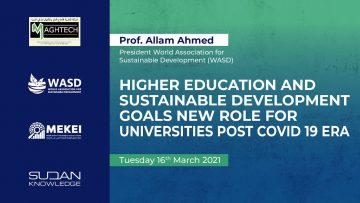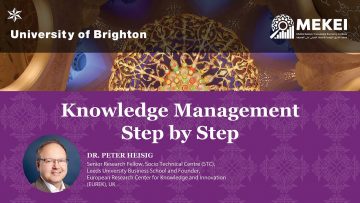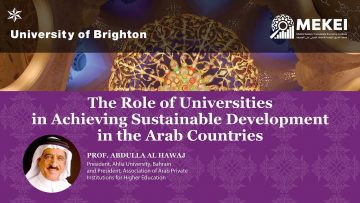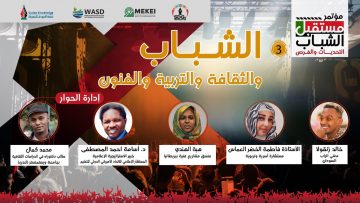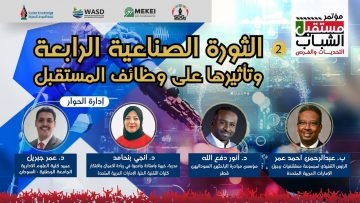- Home
- Portfolios
- Conference
- Research
- IJIKMMENA
- Teaching
- Training
- Consultancy
- Network
- TV
Knowledge Economy
Sustainable Development
SDGs
UN
Agenda 2030
MENA
Algeria
Bahrain
Egypt
Iraq
Jordan
Kuwait
Libya
Morocco
Oman
Qatar
Saudi Arabia
Sudan
Tunisia
UAE
Yemen
Research
Big Interviews
Media
Strategy
Artificial Intelligence
Politics
Government
Business
Training
Investment
Economy
Public Policy
HE
Universities
Startup
Digital Transformation
Technology
KM
Leadership
Learning
Human Capital
Libraries
Gum Arabic
Gamification
GERD
Arab
MENA 2013
Video Ads
LATEST NEWS
- Role of Higher Education in Re-Building the World Economy Post Covid-19
- بحث آفاق التعاون بين اتحاد جامعات العالم الإسلامي والجمعية الدولية للتنمية المستدامة
- Global Business Environments and Entrepreneurship
- Role of Women in Peace and Development
- World Bank Conference on Digital technologies at the service of economic development in the Mediterranean, Marseille, France
- WASD Attends The Kuwaiti Government’s Conference on Knowledge Economy
- Knowledge Management: concepts, process and technology
- OUT NOW: From Oil to Knowledge – Transforming the United Arab Emirates into a Knowledge-Based Economy Towards UAE Vision 2021
-
-
No videos yet!
Click on "Watch later" to put videos here
- View all videos
-
-
-

International Journal of Innovation and Knowledge Management in Middle East and North Africa (IJIKMMENA) ISSN: 2045-5410 (Print); 2045-5429 (Online)
IJIKMMENA is published in partnership with the World Association for Sustainable Development (WASD) in the United Kingdom. The journal is abstracted and indexed by: ABI/Inform (ProQuest); Cabell’s Directory of Publishing Opportunities; Crossref; British Library and most top universities across the world such as Oxford, Harvard, Cambridge and London.
 IJIKMMENA is the first international, multidisciplinary, refereed journal to provide a forum for academics, practitioners and policymakers to exchange concepts, research, and best practices about innovation and knowledge management in the Middle East and North Africa (MENA) region. IJIKMMENA is intended as a forum for academics, practitioners and policymakers from around the world to exchange concepts, research, and best practices about innovation and knowledge management (KM) in MENA. This unique initiative aims to integrate the study of these various disciplines to achieve sustainable development (SD) in MENA and help to stimulate debate amongst scholars, researchers and policymakers within and outside the MENA region with a view to defining common, effective responses to tomorrow’s challenges. IJIKMMENA is also intended as a first step in paving the way towards further reflection on the future position and role of the MENA region in the World. IJIKMMENA provides thousands of professionals, researchers and policymakers with the best available scientific evidence when contributing to better technological and economical development for all within the populations they serve. It therefore helps in reducing the gap and access to information between the rest of the world and MENA region.
IJIKMMENA is the first international, multidisciplinary, refereed journal to provide a forum for academics, practitioners and policymakers to exchange concepts, research, and best practices about innovation and knowledge management in the Middle East and North Africa (MENA) region. IJIKMMENA is intended as a forum for academics, practitioners and policymakers from around the world to exchange concepts, research, and best practices about innovation and knowledge management (KM) in MENA. This unique initiative aims to integrate the study of these various disciplines to achieve sustainable development (SD) in MENA and help to stimulate debate amongst scholars, researchers and policymakers within and outside the MENA region with a view to defining common, effective responses to tomorrow’s challenges. IJIKMMENA is also intended as a first step in paving the way towards further reflection on the future position and role of the MENA region in the World. IJIKMMENA provides thousands of professionals, researchers and policymakers with the best available scientific evidence when contributing to better technological and economical development for all within the populations they serve. It therefore helps in reducing the gap and access to information between the rest of the world and MENA region.
Objectives: The objective of IJIKMMENA is to promote the international exchange of knowledge, ideas and information about the very best research undertaken about MENA and critically analysing key factors that are influencing and influenced by innovation and KM in the MENA region. These key factors such as economy; infrastructure; development; education; technology; etc are essential for achieving business excellence and competitiveness in the MENA region. Therefore, IJIKMMENA will have a significant role to play in bridging the knowledge divide between MENA and the rest of the world and therefore help in the rapid generation and diffusion of knowledge within MENA. Moreover IJIKMMENA will consider new perspectives in innovation and KM in MENA.
Contents: IJIKMMENA publishes original papers, review papers, conceptual papers, technical reports, case studies, conference reports, management reports, book reviews, notes, commentaries, and news. IJIKMMENA particularly encourages papers that significantly bring new knowledge to the area both for academics and practitioners. Special Issues devoted to important topics about IJIKMMENA will occasionally be published.
Subject Coverage: Although the general theme and target will be innovation and knowledge management, there is no limitation to the articles that will be considered by IJIKMMENA. Articles can address these topics theoretically or empirically through either a descriptive or critical approach. IJKMMENA particularly encourages articles that significantly bring new knowledge to the area both for academics and practitioners.
The following issues are for guidance only and are not restrictive:
- Innovation management
- Knowledge management
- Knowledge transfer
- Knowledge management framework
- Change management
- Community of practice
- Education
- Human resource management
- Information management
- Information and communication technologies
- Information systems/technology and e-commerce
- Intelligent transportation systems
- Strategic management and planning
- Technical change
- Impact of innovation and/or knowledge upon the productivity increase/enhancement
- Content management
- Taxonomy
- UN millennium development goals
- Sustainable development
- Knowledge-based economy




